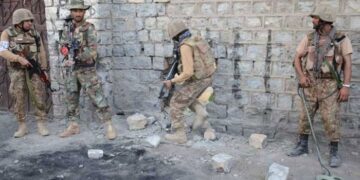BY : Ameera Atif, Karachi.
Karachi : With regular power outages, exorbitant prices, and a reliance on imported fuels complicating daily living, Pakistan's energy issue has caused significant difficulties for households and local groups.
Increased electricity costs and frequent load shedding are the results of an expanding population and deteriorating infrastructure, which disproportionately impacts low-income households. Living standards have been damaged by these issues, as families find it difficult to pay for growing electricity bills and power outages make it challenging to do everyday tasks like heating, cooking, and studying. Families are being forced to shift money from necessities like food, healthcare, and education to energy expenditures, which puts an increasing financial strain on households. Lack of heating or cooling during severe weather raises health hazards, particularly for children, the elderly, and those with medical issues. Students also lose study hours owing to power
outages, which negatively impacts educational outcomes. Families in rural locations frequently face even greater challenges due to unstable electricity and limited access to reasonably priced backup power sources. Additionally, local economies suffer greatly. Although they frequently lack the funds for alternate power sources like generators, small enterprises and the unorganised sector rely significantly on constant electricity. Power outages that disrupt operations lower productivity and result in job losses, making poverty worse in many places. As
a result, people are stressed and anxious about financial burden, and communities are growing more and more irate, which sparks protests and social upheaval. Although progress has been slow, government efforts to address the energy crisis have included efficiency reforms and investments in renewable energy. Reducing the hardships faced by Pakistani households and communities and eventually assisting the country in creating a more resilient energy future depend on addressing these issues through sustainable energy investments and improved infrastructure.

















